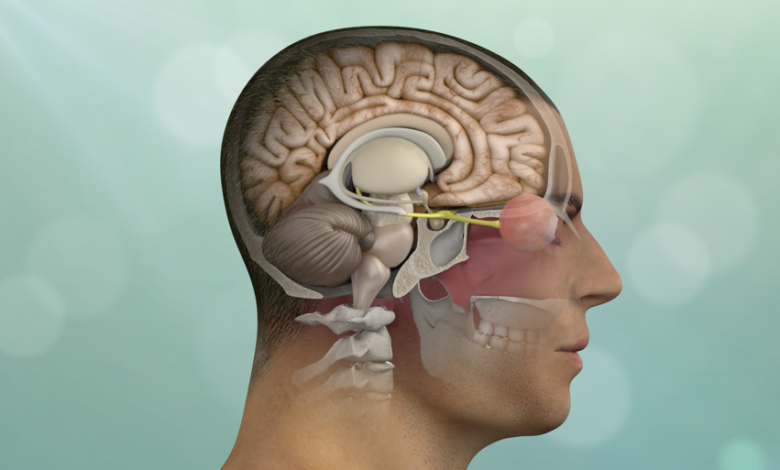Brain Tumors Explained: Symptoms, Diagnosis, and Recovery

Brain tumors are abnormal growths of cells in or around the brain. They can be either cancerous (malignant) or non-cancerous (benign), but both types can interfere with brain function due to pressure on surrounding tissues. Tumors can originate in the brain or spread there from other parts of the body. Understanding what a brain tumor is and isn’t is the first step to navigating treatment options confidently and calmly, whether you or a loved one are newly diagnosed.
Types of Brain Tumors: Benign or Malignant
Not all brain tumors are the same. Benign tumors grow slowly and often stay in one area, while malignant tumors can be aggressive and may spread. Common types include gliomas, meningiomas, and pituitary adenomas. The distinction is important because treatment plans and outcomes vary depending on the type. While benign tumors may be managed with observation or minor surgery, malignant ones usually require a more aggressive approach that may combine surgery, radiation, and chemotherapy.
Common symptoms to Watch Out for
Brain tumor symptoms vary depending on size and location but often include:
- Persistent headaches
- Vision or hearing changes
- Seizures
- Nausea or vomiting
- Personality or mood changes
These signs can be subtle or resemble other conditions, so it’s essential to track unusual changes. If symptoms persist or worsen over time, a neurological evaluation is recommended.
See also: Building a Brighter Future One Step at a Time
When to See a Doctor
Some signs may not feel alarming at first such as slight memory lapses, occasional dizziness, or minor balance issues. However, these can indicate something more serious when they appear together or become more frequent. Trust your gut and consult a specialist if something feels off. A referral to a neurologist can lead to timely imaging and testing that could prevent the tumor from progressing unnoticed. The earlier a diagnosis is made, the more treatment options will be available.
How Brain Tumors are Diagnosed
Diagnosing a brain tumor involves a combination of clinical evaluation and imaging tests. MRI is typically the first choice due to its detail, while CT scans may be used for emergencies. Additional tests may include neurological exams, blood work, and sometimes lumbar punctures. Accurate diagnosis is crucial for determining whether the tumor is operable and which treatment route to pursue. In some cases, functional MRIs or PET scans may also be used to map the brain before surgery.
The Role of Biopsies in Confirming Diagnosis
Once imaging suggests a tumor, a biopsy may be done to confirm its nature. This involves taking a small tissue sample for lab analysis. There are two types: needle biopsy (minimally invasive) and open biopsy (done during surgery). The results help categorize the tumor’s grade and type, which guides the treatment plan. Biopsies can also reveal genetic markers, aiding in the development of more targeted therapies for the patient, particularly in complex or recurring cases.
Delhi has quickly evolved into a center for advanced neurological care. With modern hospitals, experienced neurosurgeons, and new diagnostic tools, it gets patients from across India and abroad. If you’re considering your options, some of the most trusted experts for brain tumor surgery in Delhi offer a combination of high success rates and quality care.
Treatment Options
Treatment depends on the type, size, and location of the tumor. Common approaches include:
- Surgery to remove the tumor
- Radiation therapy to target remaining cells
- Chemotherapy for more aggressive types
- Targeted therapy or immunotherapy in specific cases
In some cases, a combination of these is recommended.
What Recovery Looks Like After Treatment
Recovery timelines vary greatly. Some patients bounce back within weeks after surgery, while others may need long-term rehabilitation for speech, movement, or memory functions. Emotional support and physical therapy often play a key role. Post-treatment imaging and follow-ups are needed to monitor recurrence or complications. Maintaining a healthy lifestyle, good nutrition, sleep, and stress management can also aid recovery and overall brain function during this phase.
Living with a Brain Tumor Diagnosis
Emotional resilience and a strong support system are very important. Many patients find counseling, support groups, and mindfulness practices helpful in coping with uncertainty. With proper care and early intervention, many people go on to live long lives even after such a serious diagnosis.





